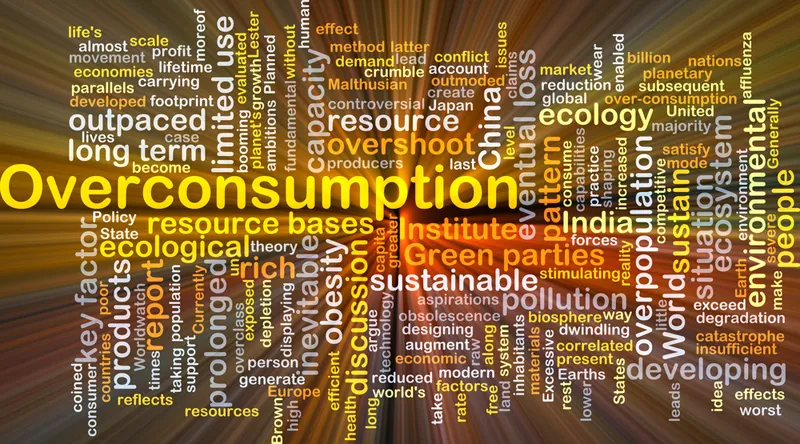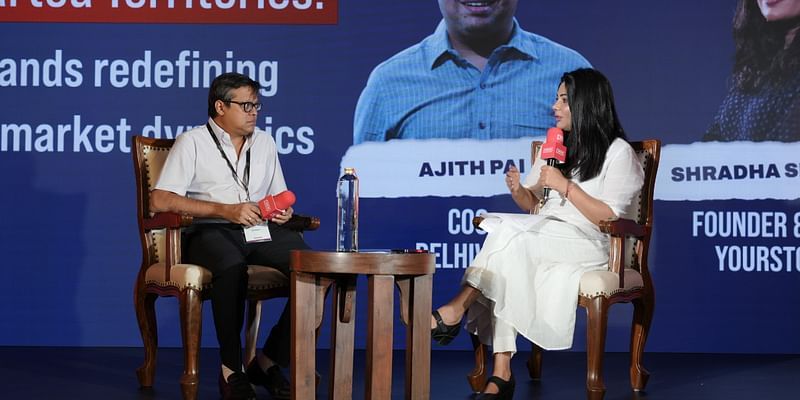How can India craft a growth model with sustainability and scale?
India urgently needs an indigenous sustainability model which can be in harmony with its economy, society and culture. Such an all-round or holistic growth model could help India evolve as a vibrant nation, if not a major global power.
There is broad consensus that India cannot afford to follow the Western model of inequitable growth or the Chinese ‘grow now, pay later’ model, explains Benedict Paramanand, publisher of the magazines ‘ManagementNext’ and ‘SustainabilityNext,’and author of ‘C K Prahalad – Mind of the Futurist.’ He is also the organiser of the Bangalore Business Literature Festival (see YourStory writeup here).

Image : shutterstock
“No one has a problem with rapid growth with equity. Do we know how to achieve this balance?” asks Benedict. There is general agreement that ‘clean energy’ and ‘clean India’ are good directions to choose, but there needs to be broad discussion and consensus on the targets and tradeoffs.
IISc Professor TV Ramachandra, for example, has argued that instead of urban-centric approaches, a satellite-town approach of development would be better for cities like Bengaluru. IISc is working on a number of ecological initiatives in this regard. From the industry side, Japanese companies in India are also advocating an approach of industrialisation with inclusion.
“Citizens must also understand that the planet’s resources are not infinite and that every action we do makes a difference,” adds Patrik Antoni, IKEA’s Country Head for Sustainability. IKEA is now trying to provide customer solutions to save electricity, water and to sort waste.
“We invest in renewable energy and in securing sustainably sourced raw material. We support communities in need through the IKEA Foundation,” says Patrik. Government also has a role in sustainability by promoting recycling and reuse instead of landfill dumps.
“Start seeing waste as a resource. Improve public transport and make it clean – the measure of a developed nation is not when all have cars but when all take public transport,” Patrik advises.
Issues of growth models, sustainability policies and development practices will be discussed at the event ‘Crafting India’s Sustainability Growth Model’ to be held at IIM Bangalore on Saturday June 11. (See also YourStory’s coverage of IIM-Bangalore’s social impact summit SAHAY and book review of Designing for Tomorrow’s World by John Thackara.)
The speakers will be from a wide range of sectors, including academia and government. Dr. Ramachandra Guha, eminent environmental historian, will present an overview of the environmental movement in India. Prof. Ram Nidumolu, CEO of Innovastrat.com, will discuss how ancient Indian wisdom can blend with modern business practices.

Image : shutterstock
Case studies will be featured from Akshaya Patra (by the chairman Madhu Pandit Dasa) and IKEA (by its Country Head for Sustainability, Patrik Antoni). See also YourStory’s writeup on ‘How Akshaya Patra’s technology is ensuring 1.5 million children in India are well-fed and stay in school.’
Angel investor Nagaraja Prakasam will address impact investment and related sustainability strategies. Issues of capacity building in sustainability will be analysed by Prof. Vasanthi Srinivasan of IIM Bangalore.
The models discussed at the sustainability conclave will be turned into a working paper and shared with Niti Aayog, relevant ministries, think tanks, universities, and the media after the conclave.











